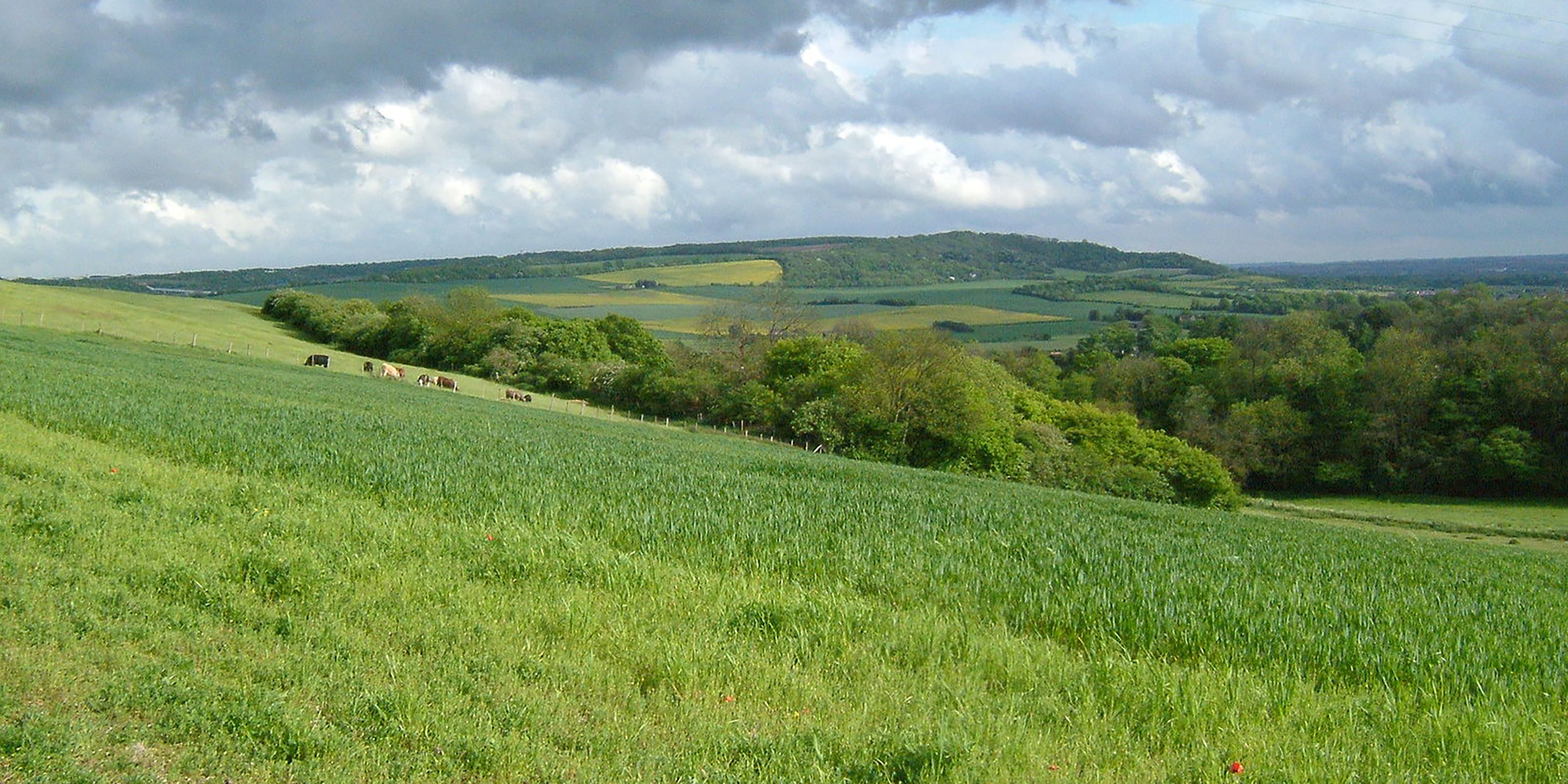Originally published 16 January 2005
Not long ago, on a walk through southern England, I visited Down House, sixteen miles south of London, for forty years the family home of Charles and Emma Darwin. Here Darwin lived and worked, in the midst of large and happy family, in relative seclusion from the hustle and bustle of scientific London. His home, garden, greenhouse, dovecote, and the land around were his laboratory, and here he assiduously gathered evidence to buttress the one great idea that had taken root in his mind during his early round-the-world voyage on HMS Beagle: the transmutation of organisms by natural selection.
The idea was not original with Darwin. His grandfather Erasmus Darwin, among others, had toyed with the idea of transmutating organisms. Then, in 1858, after working on his theory for twenty years, Charles received a copy of an essay by the naturalist Alfred Russel Wallace advancing a hypothesis identical to Darwin’s own. This unexpected development prompted Darwin to hurriedly bring his great work into print.
On the Origin of Species by means of Natural Selection or the Preservation of Favoured Races in the Struggle for Life was published in November 1859, to instant scientific acclaim and public notoriety. Although the central idea was identical to that of Wallace, so forcefully did Darwin amass evidence for evolution by natural selection that the idea has quite properly come to be known as “Darwinism.”
Why Darwin? Even as a young man Charles seems to have been gifted with a capacity to observe without preconception. He flirted briefly with becoming a doctor, like his father and older brother, but found he had no stomach for observing pain. (In the days before anesthetics doctors needed to be hardened to the agonies of their patients.) His innate sympathy with living beings served him well as an observer on the Beagle voyage.
Young Darwin had also flirted with becoming a man of the cloth, but his growing doubts about Christianity dissuaded him from that course. His detachment from Christian dogma reinforced his skill as an unbiased observer of the natural world. When the opportunity came to be resident naturalist on the five-year voyage of the Beagle, Darwin jumped at the chance. It would be the defining experience of his life. Everything he saw on the voyage he saw afresh, with a mind that was awake and aware of new possibilities.
Of course, a necessary prerequisite for natural selection to work is time — lots and lots of time — and this Darwin was supplied by the geologists. There is a moment in Origin of Species when Darwin describes one of his favorite walks, to the chalk escarpment at the edge of the North Downs, a few miles south of his home, with views far out over the Weald toward the mirroring chalk escarpment of the South Downs twenty miles away. Standing there he could imagine the huge uplifted arch of folded chalk and sandstone that must have been eroded away to create this wide vale, all during relatively recent geological times.
The vanished strata might have been 1,100 feet thick, he calculated, and at present rates of erosion it would have taken 300 million years for water and weather to eat away the rocks. He wrote: “I have made these few remarks because it is highly important for us to gain some notion, however imperfect, of the lapse of years. During each of these years, over the whole world, the land and the water have been peopled by hosts of living forms. What an infinite number of generations, which the mind cannot grasp, must have succeeded each other in the long roll of years.”
After my visit to Down House, I walked the country lanes and footpaths to where Darwin might have stood at the lip of the North Downs, and let my own imagination reconstruct the great arch of rock that once stood in place of the valley that lay before me. Thanks to Darwin and his geologist contemporaries, my mind could readily grasp “the long roll of years.”
And more. The same now-vanished chalk strata that were folded upward over the Weald, dip downward to the north and south under London and the English Channel — or so Darwin believed on the basis of surface evidence. Chalk is a perfect material for tunneling: strong, impermeable to water, and easily penetrated by boring machines. The new Channel Tunnel — or Chunnel — makes its way from England to France almost entirely within the chalk strata, dipping 200 feet below the sea floor to follow the gently folded rock — confirming by being there what Darwin saw only imperfectly in his mind’s eye.



